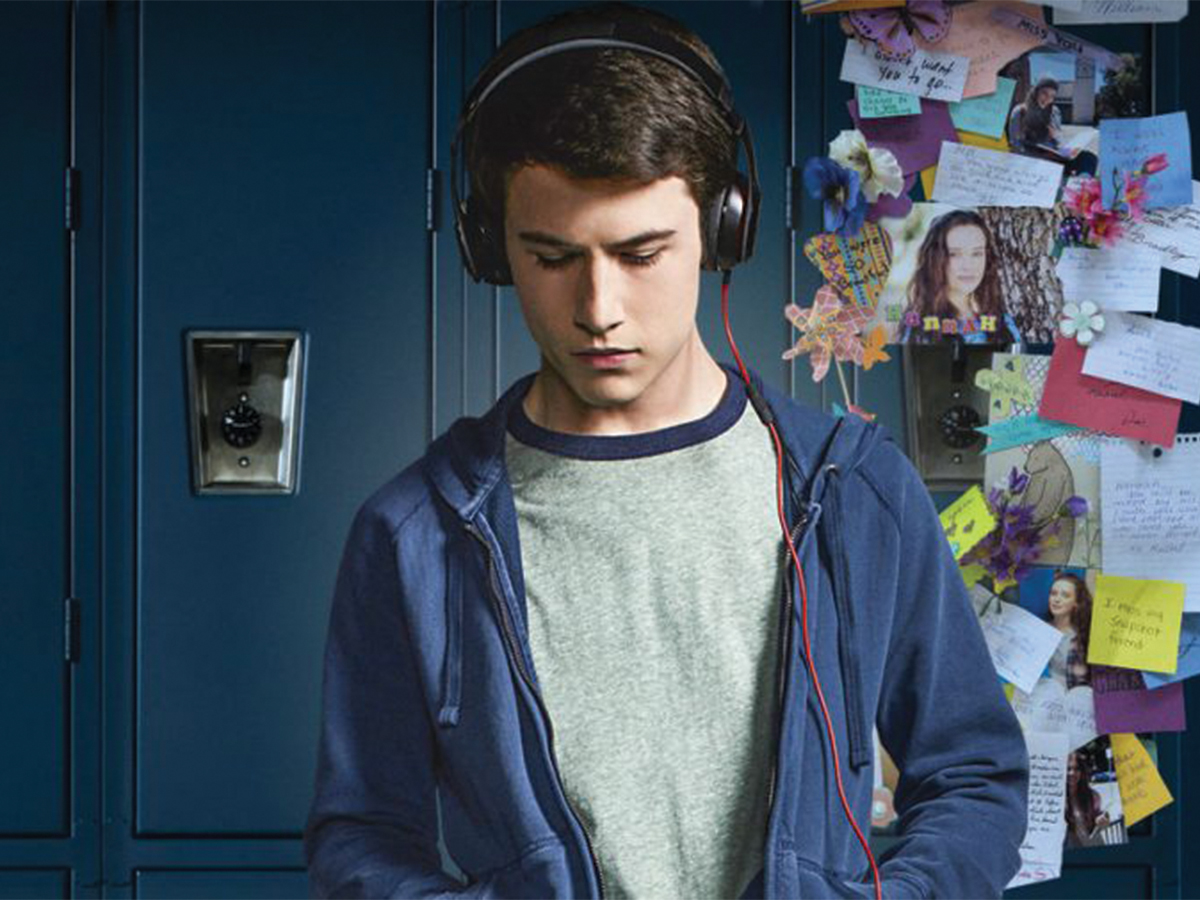
Earlier this month the second season of Netflix’s controversial original series, “13 Reasons Why,” premiered on the site. It sparked controversy almost immediately for a rape scene that was considered by many to be “unnecessary,” which series creator Brian Yorkey has vehemently defended in interviews claiming that “talking about it is so much better than silence.” It’s a nice sentiment, if it had any foundation in reality. Because as much as “13 Reasons Why” likes to think of itself as a white knight, spreading awareness of teen suicide and helping those affected, that couldn’t be further from the truth. And while I have no doubt that this series, and the book series that inspired it, were both created with only the best intentions in mind, “13 Reasons Why” has accomplished nothing but offer extremely problematic perspectives and pander to the teen audience it appeals to.
When I say that “13 Reasons Why” is problematic I’m not referring to the aforementioned graphic portrayals of rape and suicide, since there is nothing wrong with a thoughtful on-screen portrayal of either. The true problem lies in how the series chooses to handle both subject matters.
Firstly, there’s rape, which is very much a subtopic of the series compared to suicide. In one of the later episodes we learn that the protagonist, Hannah Baker, is forced into sex, which goes on to become one of Hannah’s “13 reasons” for commiting suicide. Which in concept, is reasonable; as a victim of sexual assault it would make sense that Hannah would feel more isolated and alone, but in the show this just isn’t the case. The rape, and associated scene, offer little to nothing except some added shock value for the audience. And before we go any further, allow me to make myself clear. I have no problem with a show addressing a topic like rape, just as I have no problem with the writers portraying Hannah as a rape victim. What I do find problematic, however, is how “13 Reasons Why” uses rape to simply escalate the dramatic effect of the plot. Portraying Hannah as a rape victim simply because teen rape is topical is incredibly atrocious, not just to the victims and families of these crimes, but to an audience that understands just how real these issues are. Putting a rape scene in a series does not offer solace or encourage conversation around the issue of sexual assault, it simply breeds controversy that the creators have happily used to market this series.
And with the mention of this series’ marketing we are led to “13 Reasons Why’”s main selling point, the topic of teen suicide. Again, as distasteful as the extremely gratuitous suicide scene was, it’s a smaller problem in the grand scheme of the flawed perspective this series offers regarding this issue. The crux of this series’ message is in its title – throughout the first season Hannah lists all 13 wrongdoings committed against her in a collection of tapes. Once her friend and classmate, Clay, finds these tapes, he slowly learns of the tragic life of Hannah Baker and proceeds to seek justice for her suicide. Where this series’ credibility wavers is when it proceeds to blame Hannah’s family, classmates and teachers for her suicide, thus absolving Hannah of any kind of responsibility for her actions. This is not to say that victims of suicide should be blamed for their situation, it is simply a matter of fact that suicide is fundamentally a choice, one that victims hold some responsibility for making. The series, which seemingly had a message about how members of a community can come together to support those suffering from depression, changes gears and not only justifies suicide but places the blame entirely on the family and friends of the victim.
As appalling as “13 Reasons Why” may be, it cannot be written off as simply a bad show. Nothing would be better if the series were tossed to the side to join the pile of movies and TV shows about teen angst that no one takes very seriously, but what makes “13 Reasons Why” unforgivable is that it champions itself as part of the solution to these issues. The one purpose this series hopefully serves is as an example of how these topics should never be handled.








